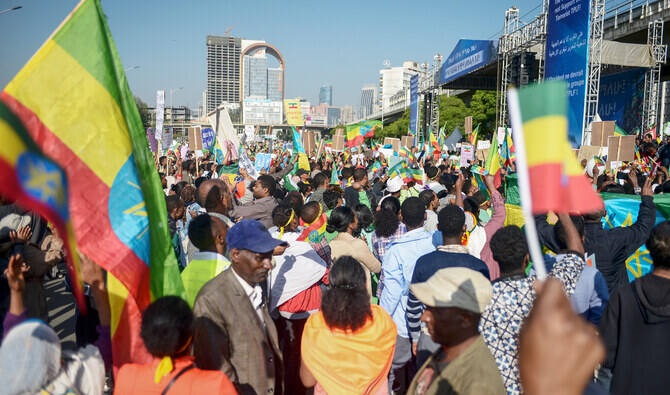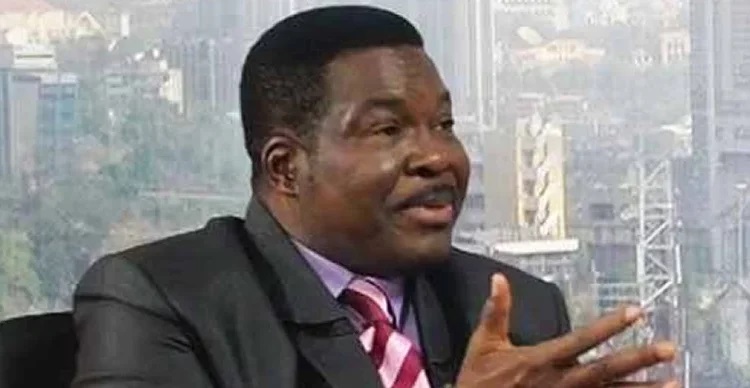A document sent to the UN Human Rights Council on Wednesday showed that Eritrea is trying to cancel the mandate of a UN expert investigating alleged abuses.
According to the documents, this was a rare move that Western diplomats fear may set a precedent for states looking to escape scrutiny.
The Special Rapporteur, a position currently held by Sudanese human rights lawyer Mohamed Abdelsalam Babiker, is mandated to document violations in Eritrea, where civil society groups such as Human Rights Watch say impunity is widespread.
In a May report, Babiker described the situation as “critical”, highlighting cases of arbitrary detention, enforced disappearances and the use of lengthy national and military service terms that are driving thousands to flee.
Eritrea’s information ministry and its diplomatic mission in Geneva did not immediately respond to requests for comment.
Eritrea, which has long opposed the mandate, sent a large delegation to champion its proposal at a UN meeting in Geneva on Monday and voiced opposition to investigations targeting individual countries’ records.
States like Sudan, Russia and Iran backed it while the EU and Britain were among those who opposed it in a polarised debate, diplomats said.
The UN expert position was set up in 2012 by a group of African states and has been renewed annually by the Geneva-based council in an effort led recently by the European Union.
However, this year, Eritrea beat them to it and instead tabled a rival motion to discontinue the mandate, the document showed.
While states subject to UN investigations often lobby against them or try to dilute them, rights experts say there has never before been a proposal to end a mandate put before the council in its nearly 20-year history and worry it could embolden states looking to block accountability efforts.
In 2023, Ethiopia tried to end a mandate early, before backing off.
“The EU recalls that the principles of sovereignty and non-interference in a state’s internal affairs do not free states from their obligations under international human rights law.’’
Many of the Geneva-based council’s other probes are typically brought by Western countries, such as those on Russia and Sudan. Sometimes the evidence they gather is used by international prosecutors.
A vote is expected in July. (Reuters/NAN)





